FINAL ONLINE WORKSHOP
With this final online workshop that will be held on the 7th and 8th of October 2020, the EU Marie Curie MedRoute project – Marie Skłodowska-Curie grant agreement No. 747030 – MedRoute (http://medroute.eu/) – is willing to create a space of discussion on the main themes that are its core. The MedRoute project – running from September 2017 to August 2020 – has reached its end, and we wish this workshop will represent a new start!

The final online workshop will discuss diasporas, travels accounts, methodology, and the interplay in between migration and the political power.
In order to access the four panels as auditors, those who are interested should write to Antonino Campagna (antonino.campagna@uniroma1.it) specifying the panels they are interested in (please note the keynote speech by Bernard Heyberger is included in the registration to the first panel). The time zone of the program is Rome time zone (GMT+2). Registrations are open until the 4th of October.

For the panels, check our program:
The Visibility of Strangers. Diasporas, Urban Spaces, and Material Pluralism in the Mediterranean
Final Marie Curie Online Workshop, 7th & 8th October 2020.
7th October, 10:30Welcoming & Opening Keynote: Bernard Heyberger (EHESS-Ecole des Hautes Études en Sciences Sociales) – Diversity, pluralism and mobility in the Eastern Mediterranean
12:30, Panel 1 – The Foreigner Focus: Material practices and identity negotiation in early modern travelogues
Chair: Elena Baldassarri (Università degli Studi Roma Tre)
- Alexandr Osipian (Leibniz Institute for the History and Culture of Eastern Europe -GWZO) – Clothing, foodways, and identity negotiation: early modern Istanbul in Polish, Russian, and Armenian travelogues
- Songulen Nazlı (European University Institute) – Ottoman woman’s plural identities through the eyes of the female travellers visiting Istanbul (18th century)
Break (1 hour)
15:30, Panel 2 – One, Plural or What Else? How to study pluralism in the early modern period
Chair: Luca Codignola-Bo (Notre Dame University)
- Serena Di Nepi (Università di Roma – La Sapienza) – Questioning Otherness. Some preliminary remarks on conversions and coexistence in early modern cities
- Stefano Villani (University of Maryland, College Park) – Modes of conversions and acculturation strategies in early modern Italy
- Giampaolo Salice (Università di Cagliari) – On methodology in the study of rural diaspora
8th October, 10:30
Panel 3 – The Plural City: Channeling identity in daily life
Chair: Filomena Viviana Tagliaferri (Istituto di Storia dell’Europa Mediterranea – ISEM, CNR)
- Carmel Cassar (University of Malta) – Fashion, Opulence and Extravagance: Clothing and sumptuary laws in early modern Malta
- Tamsin Prideaux (University of Edinburgh) – The role of representatives in negotiations between the authorities and immigrants in Venice, 1550-1700
- Filip Novosel (Croatian Institute of History – Hrvatski Institut za Povijest) – Surpassing language barriers in Dalmatian urban space – public notaries in the city of Zadar in the mid 17th century
Break (1 hour)
14:00, Panel 4 – Identity and Longue Durée: Ottoman empire’s political destiny, and its reflection on foreigner identity expressions
Chair: Meropi Anastassiadou (INALCO Paris)
- Andreas Bouroutis (Aristotle University of Thessaloniki) – Bridging western culture and eastern traditions
- Angelos Dalachanis (Institut d’Histoire Moderne et Contemporaine – IHMC, CNRS) – The Visibility of Hellenism: Art collecting and diaspora life in the early 20th-century Alexandria
- Kostis Gkotsinas (École Française d’Athènes) – Standing out/blending in: Consumption practices and the settlement of refugees in post-1923 Greece
16:30: Closing Discussion and Greetings

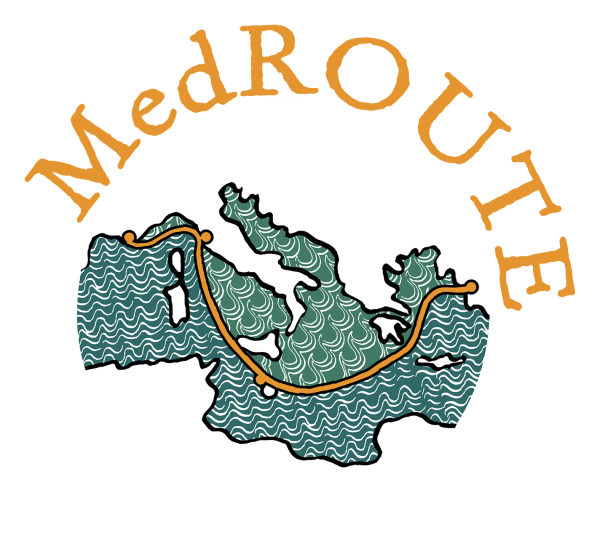
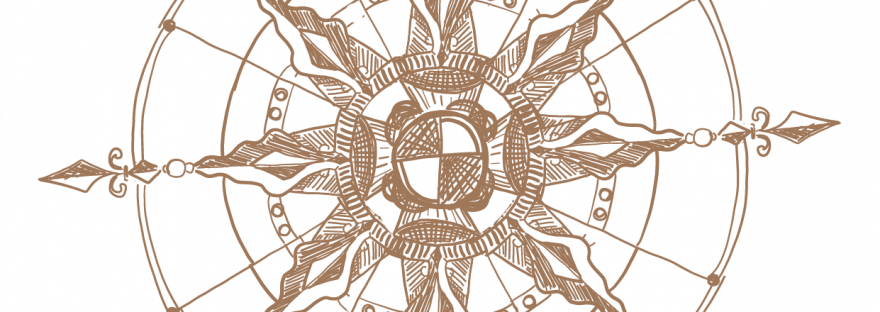
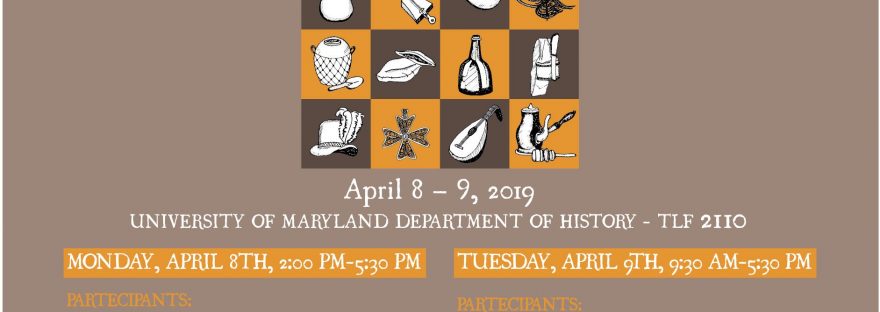
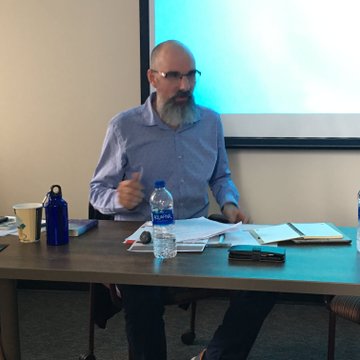
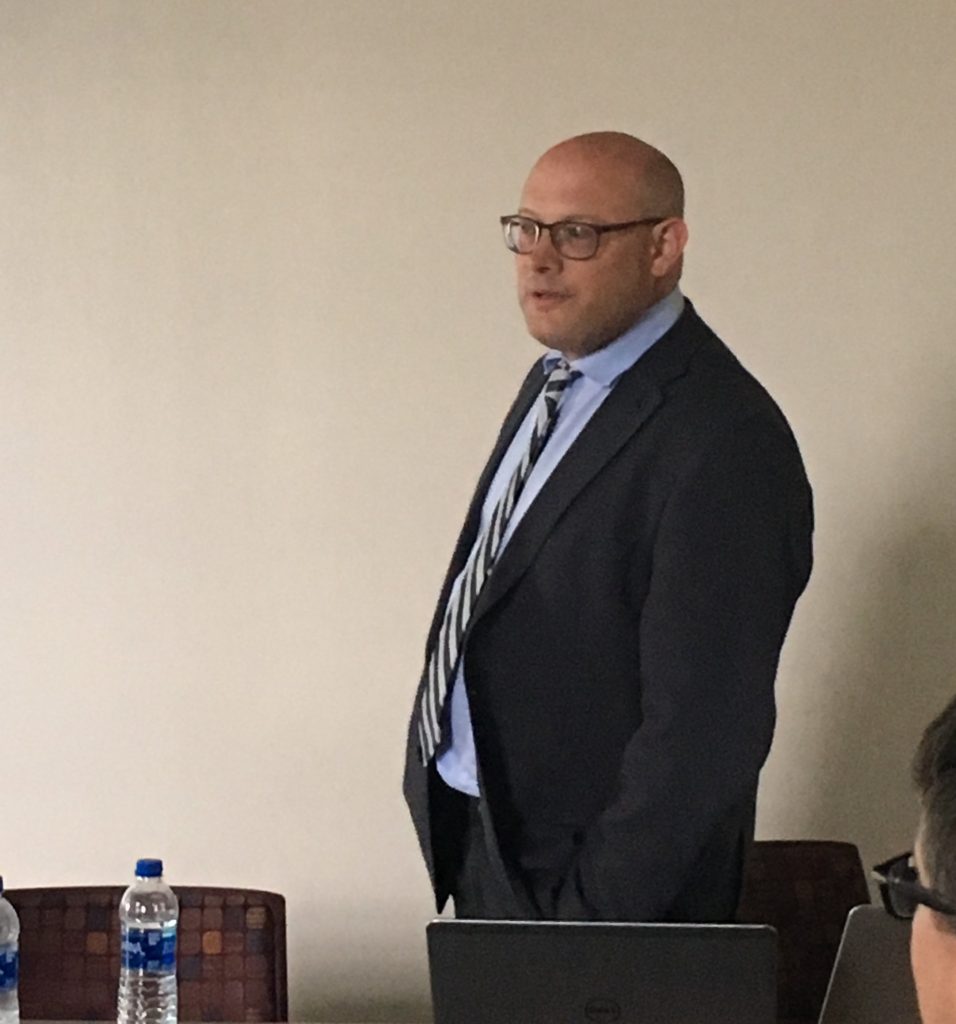
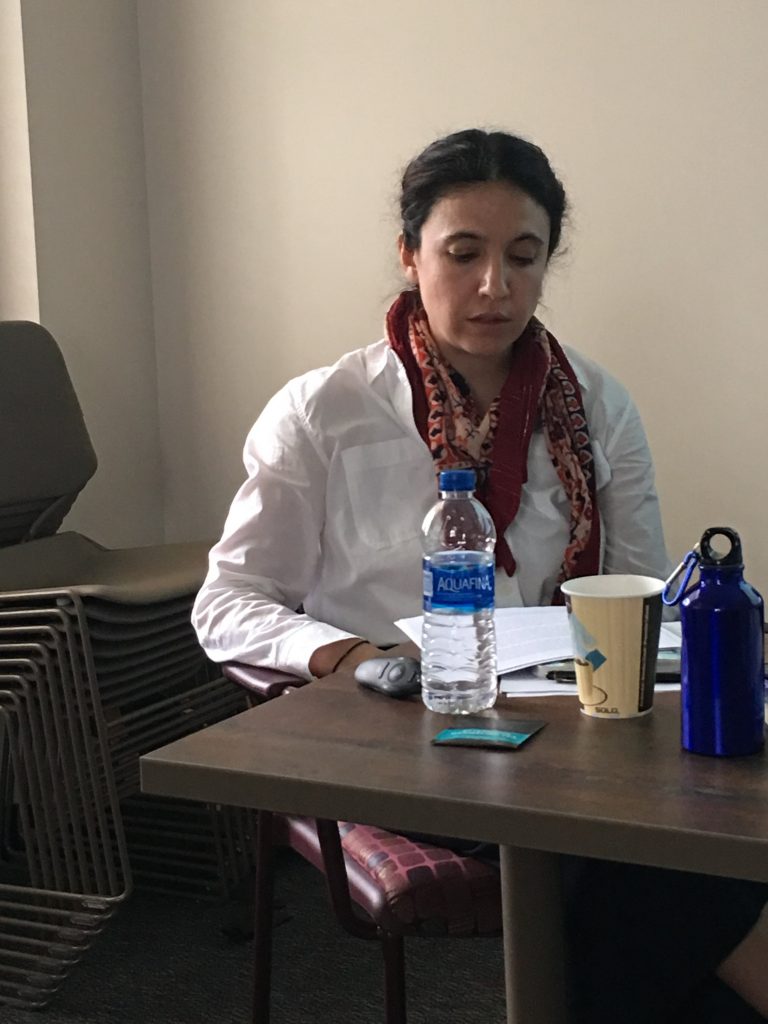
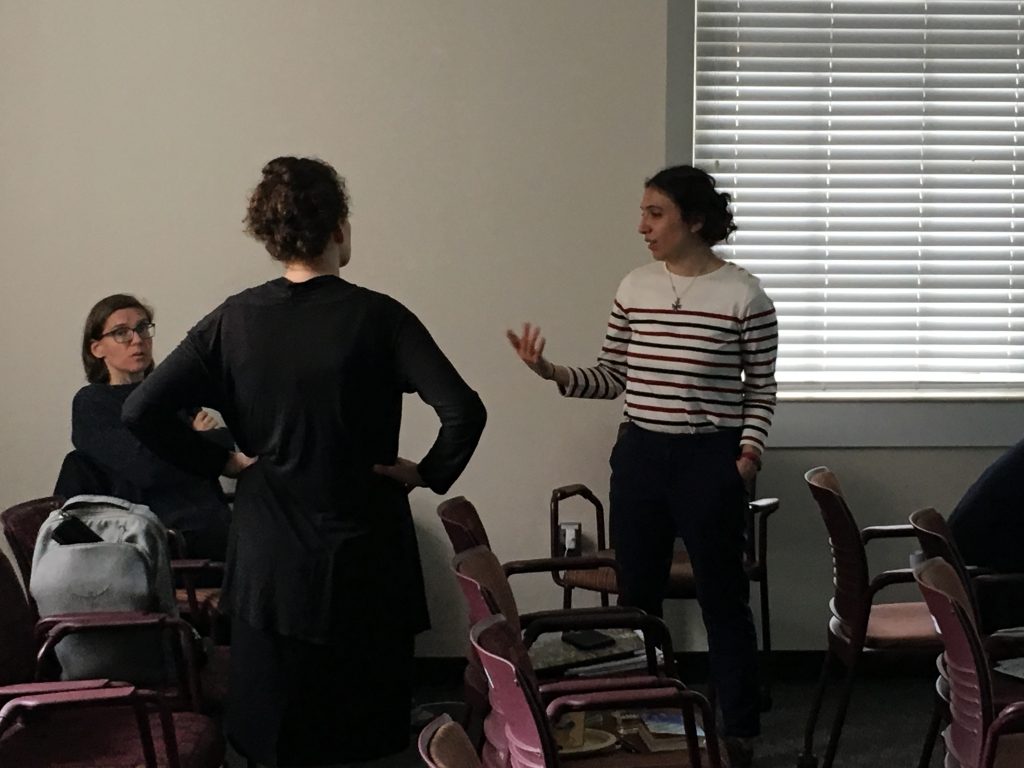
 Medroute is funded by the European Union (Grant n. XXXXXXXXX) through Marie Curie Action.
Medroute is funded by the European Union (Grant n. XXXXXXXXX) through Marie Curie Action.